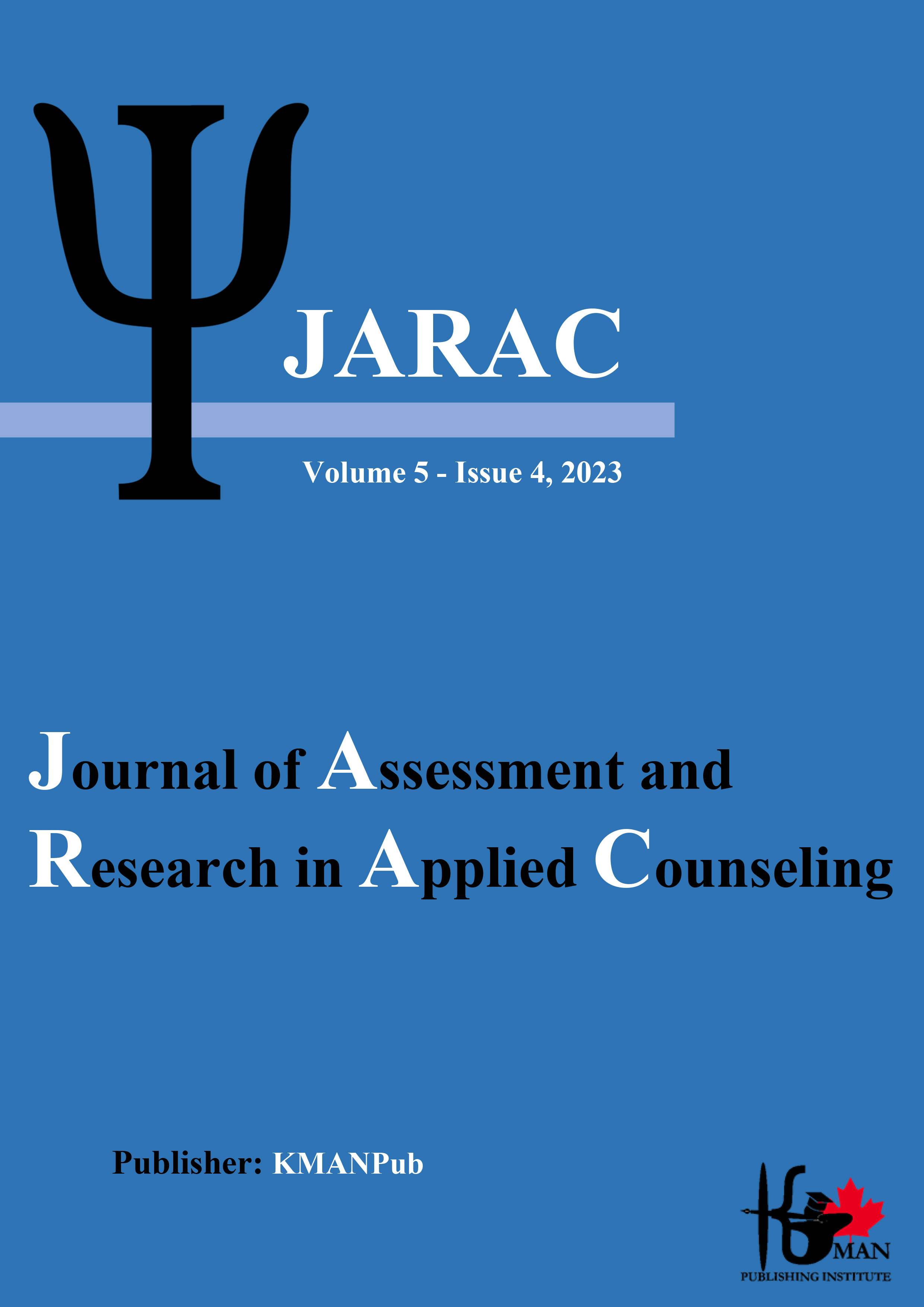Assessment of the Factor Structure of Test Tokyo University Egogram (TEG 3) on Women and Men in Iran
Abstract
Objective: Understanding personality characteristics can help us understand how individuals manifest their personality through their thoughts, feelings, and behaviors. Among numerous tools available to assess personality, one of them is the Egogram questionnaire. Accordingly, the purpose of this research was to standardize the Tokyo University Egogram questionnaire (TEG3).
Methods and Materials: The present research was a descriptive correlation study with a standardization approach. The statistical population of the study included women and men aged 20 to 40 in Tehran in 2021. 2707 participants, including 1585 women and 1122 men, were selected through convenience sampling. The Egogram questionnaire was designed based on the transactional analysis theory, which included 5 factors: the criticizing parent, the supportive parent, the adult, the natural child, the adapted child, and the Q validity scale and L lie scale. Data were analyzed using exploratory and confirmatory factor analysis, Cronbach's alpha, and SPSS.22 software.
Findings: The results of the validity, internal consistency, and reliability of the tool using Cronbach's alpha, exploratory and confirmatory factor analysis showed that the Egogram questionnaire consists of 5 factors in the Iranian culture, and the Cronbach's alpha coefficient of all the factors is above 0.7. Also, the Pearson correlation coefficient showed an acceptable internal consistency within the questionnaire factors among women and men.
Conclusion: This questionnaire can be used as a practical and new tool in the field of personality psychology and approaches such as schema therapy.
Downloads
Downloads
Published
Issue
Section
License
Copyright (c) 2023 Mojgan Amini Khalaf Badam, Nasrin Bagheri (Author)

This work is licensed under a Creative Commons Attribution-NonCommercial 4.0 International License.















